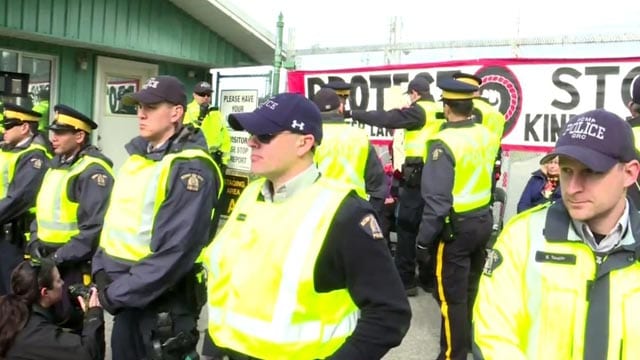
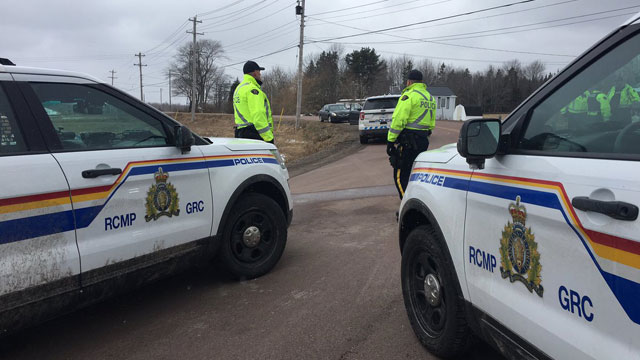
Just days after the National Inquiry into Missing and Murdered Indigenous Women and Girls released its final report, the federal government announced an interim civilian advisory board to oversee the RCMP.
But Public Safety Minister Ralph Goodale didn’t appoint any Indigenous women to the 13-member watchdog panel announced June 5, even though the inquiry called for major reform of the national force two days earlier.
The board does include one Indigenous man – John Domm, the former chief of police of the Nishnawbe-Aski and Rama police services.
Goodale described it as “the biggest, single innovation in the management of the Royal Canadian Mounted Police in 145 years.”
He said the board can make non-binding recommendations about police resources and labour relations but will stay out of investigations and operations.
Something RCMP Commissioner Brenda Lucki praised.
“I’m confident that they will help us achieve our goal: a modern, effective, healthy and inclusive national police organization, trusted by Canadians for our policing excellence,” she said in a statement.
The inquiry’s final report was another in a series of criticisms of the force – especially in the way officers interact with families of victims, and the number of cases that remain unsolved.
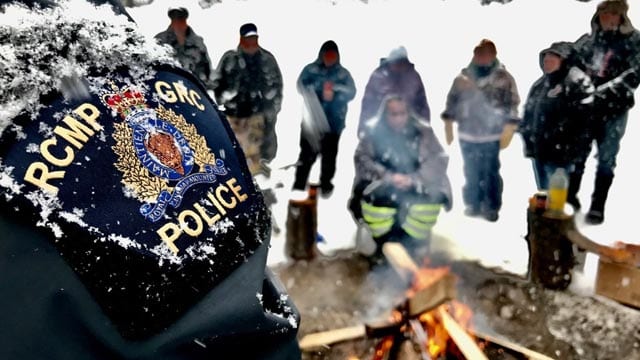
RCMP officer outside the exclusion zone at the Uni’stot’en pipeline dispute in northern B.C. January 2019 (APTN file).
Janet Merlo, a former constable who led the fight to sue the federal government for millions in damages from sexual harassment and discrimination in the RCMP, feels the makeup of the board shows the government still doesn’t get it.
“It’s a waste of money and a waste of time,” she said of the advisory committee that is expected to cost about $1.56-million per year.
“They want to talk truth and reconciliation and change. What a farce.”
Merlo said a dozen inquests and inquiries have already told the government that bad management is to blame.
“They haven’t implemented any of the recommendations…if they’re not going to listen to the inquests and inquiries – they’re not going to listen to Joe Public.”
Merlo, who attended part of the inquiry’s closing ceremony in Gatineau, Que. on June 3, said Indigenous women could be part of the solution.
“There should have been a far greater representation of Indigenous people on that board.”
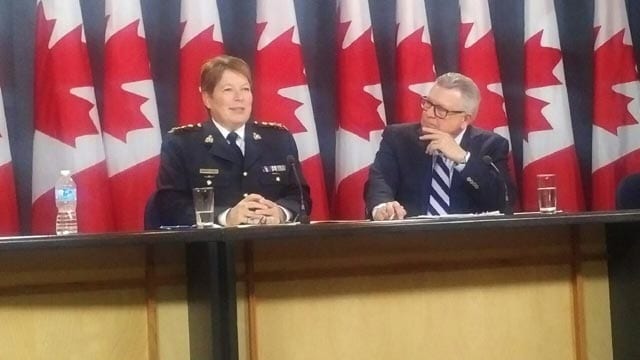
Marge Hudson, a former Indigenous RCMP constable and plaintiff in Merlo’s class-action lawsuit, agreed Goodale missed an opportunity to reflect the communities the police serve.
“It certainly is a concern,” she said of the lack of Indigenous voices.
Merlo said creating the board was part of the agreement to settle her class-action lawsuit in 2016. Along with a promise to hire more female officers.
“What we put to them was…you need somewhere for people within the force that are experiencing bullying, harassment and bad behaviour, you need somewhere for them to go and lodge a complaint and know that it’s going to be investigated honestly.
“Because you can’t leave them to investigate themselves. They’ve been doing that for years and look at the mess they’re in.”
The RCMP has paid out millions in damage claims, and could be on the hook for even more.
Merlo said her heart breaks for the families of missing and murdered waiting for Mounties to investigate their cases.
“Many of these cops were harassing and assaulting their co-workers, so there was little chance they would ever extend any respect to others in the community,” she said.
“As a result of their egos, their failures, and their discrimination, lives and families were forever changed.”
There part-time appointees are comprised of six men and seven women, including Wally Oppal – former commissioner of the Missing Women Commission of Inquiry in B.C. – and Randy Ambrosie –commissioner of the Canadian Football League.
A spokesman for Goodale said appointees will provide “expert external advice” and were selected for their “executive and corporate management” skills.
He noted: “Great care was taken to select members who reflect Canadian diversity, gender balance and equality and regional representation, and who support Indigenous reconciliation.”




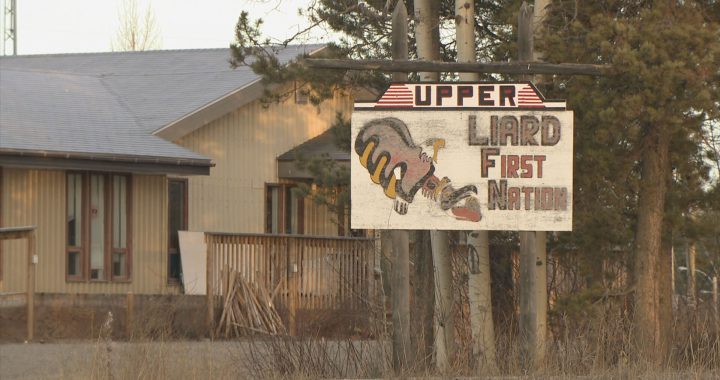

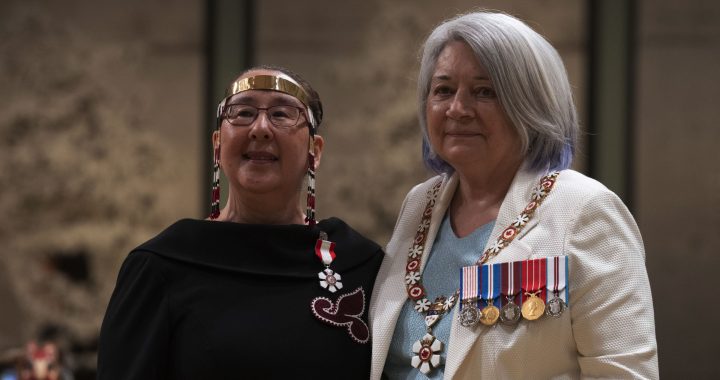
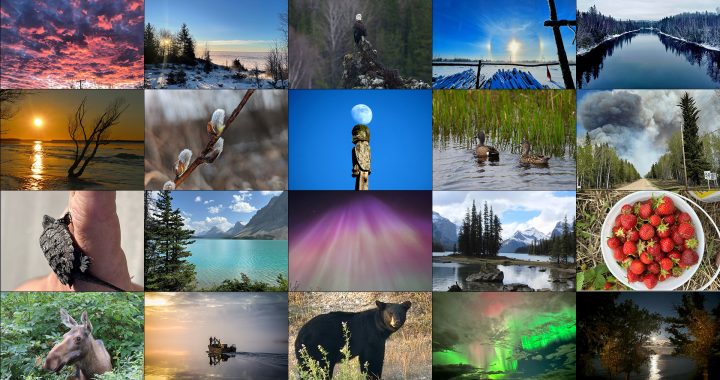
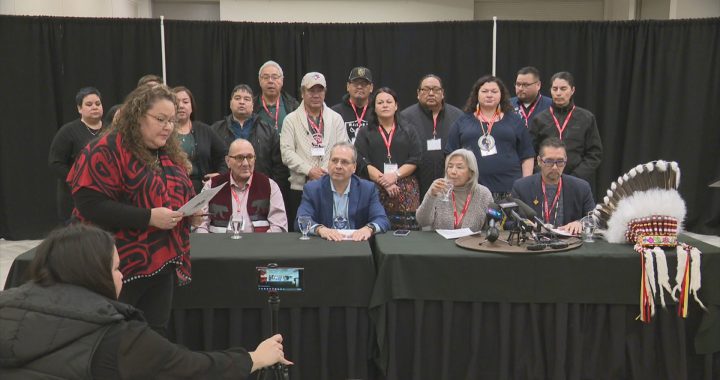
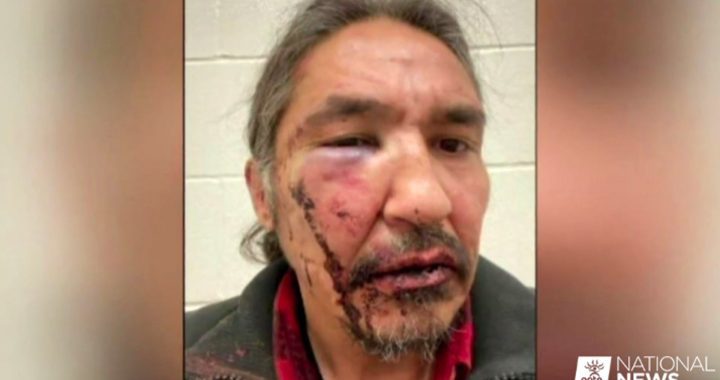

[email protected]
Yo, Ralph,
Benchwarmer extraordinaire
Given the recent MMIWG report, and the indications of severe problems with RCMP (mis)handling and active indifference to MMIWG cases, don’t you think it might be smart, just for the optics if nothing else, to name a First Nations woman to the civilian advisory panel?
Of course, were you conducting your office with honour and integrity and sensitivity, and moral and ethical intelligence, there would be no cause for concern nor controversy.
I call upon you to address this deficiency and error in judgement immediately and name at least one strong and loud Indigenous woman who has been directly impacted by MMIWG to this panel and apologize for your OldRichWhiteBoysClub blindness.
Do it now.
Make it so.
Engage.
https://aptnnews.ca/2019/06/10/its-a-farce-no-indigenous-women-named-to-civilian-advisory-panel-overseeing-the-rcmp/
rcmp are a threat to Canada
So fill me in. How many of the commissioners on the MMIW were non indigenous?